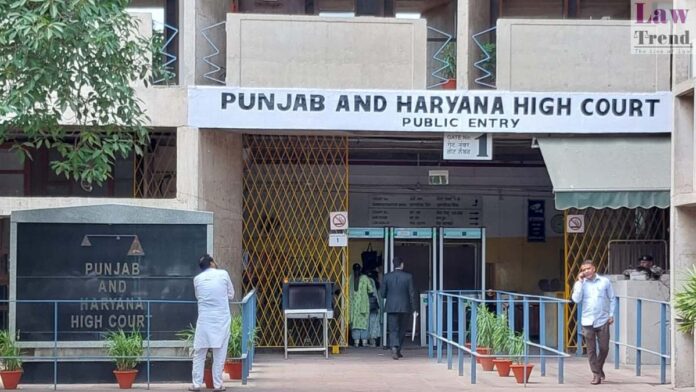In a significant decision, Justice Mahabir Singh Sindhu of the Punjab and Haryana High Court quashed the judicial remand of Balwant Singh, a petitioner in a money laundering case initiated by the Enforcement Directorate (ED). The court emphasized that judicial authorities must independently exercise their discretion and not function as “extended arms of investigative agencies,”
To Read More Please Subscribe to VIP Membership for Unlimited Access to All the Articles, Download Available Copies of Judgments/Order, Acess to Central/State Bare Acts, Advertisement Free Content, Access to More than 4000 Legal Drafts( Readymade Editable Formats of Suits, Petitions, Writs, Legal Notices, Divorce Petitions, 138 Notices, Bail Applications etc.) in Hindi and English.




